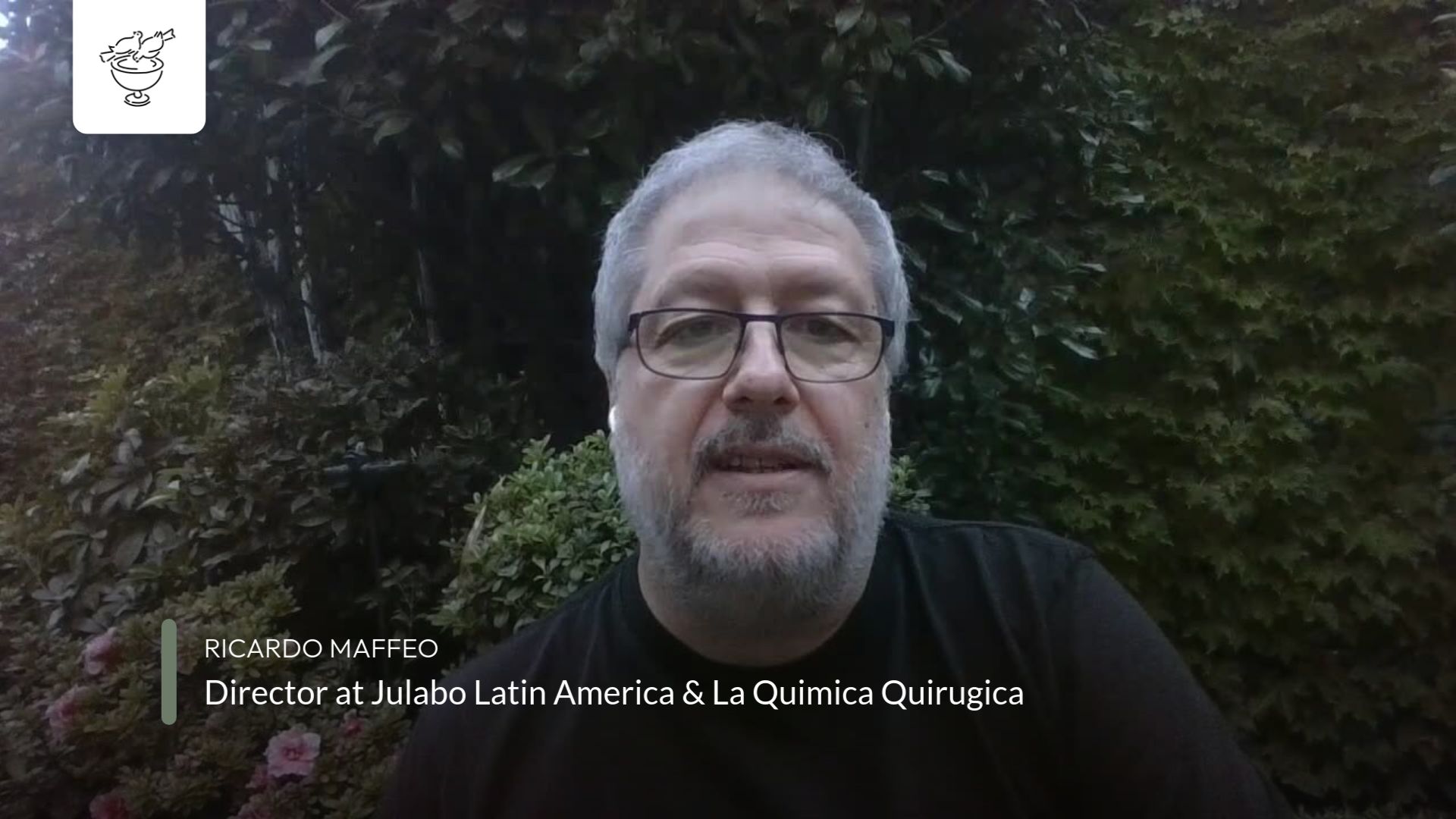With the mantra we return to stillness and vastness. Martin Laird, in his book Into the Silent Land, has this to say about the contemplative approach to distractions during prayer:
If we cannot weather these distractions in stillness, they will give the impression that the doorway into the silent land is closed. But if we are simply still before them and do not try to push them away or let ourselves be carried away by them, they help deepen our contemplative practice. They initiate us into a certain education by ordeal. (92).
Distractions are needed. It is the way we are with them that matters. The practice of attention on a prayer word/phrase or mantra means less and less attention on distractions. Less attention on distractions means less energy given to distractions. Stillness is then nurtured within us. As we persevere, the way distractions are experienced changes. Laird describes three doorways into silence that we pass through as we meditate. Each door is guarded, as it were, by distractions. As we grow in faithfulness to the mantra, or prayer word, we come to realise as we pass through the first doorway that: “…we are not our thoughts and feelings.” Space grows between attention and distraction. What we identify with is shifting. We are growing in ‘looking past’ distraction as reaction to distraction lessens. Peace can rise. So too can anxiousness. Anxiety is normal as identity shifts. In all this faithfulness to the mantra is paramount. Anxiety is simply an ego response to its own decentring. You are not anxiety. All will be well. This first realisation that we are not our thoughts or feelings comes as we practice saying the mantra. Faithfulness to simply saying the mantra was described by John Main as the ‘first task’ of the meditator. The meditator may spend years saying the mantra, and generally saying it in the head. To have the experience of not being our thoughts or feelings means that the mantra is moving from head to heart, taking our attention with it into the heart. As we pass through Laird’s second doorway we discover that “Our own interiority is not a cramped space, but a valley of spaciousness.” We are being liberated into the expanse of being within us. Because of ongoing attention to the mantra, being and awareness are coming together, that is, the experience of awareness is becoming less self-conscious. We are not so aware of being aware. We are simply just being aware. It becomes easier to ‘look past’ distractions to the measureless mystery of our own inner vastness. John Main described this movement through Laird’s second door as the mantra taking root in the heart. The heart is simply a name for that vastness from which thoughts, feelings and images can distract. Being still and being aware without thought (looking past distraction) has the meditator hearing the mantra in this vast heart. We are not thinking the mantra in the head; we are hearing it in the heart. Attention becomes hearing. Moving through Laird’s third doorway
“…we realise that what beholds this vast and flowing whole is also the whole. We see that these thoughts and feelings that have plagued us, clouded our vision, seduced us, entertained us, have no substance. They too are a manifestation of the vastness in which they appear.”
As we practice with the mantra attention becomes so grounded in this vastness that we experience the reality of our true and deep identity. We are this vastness. Over time thoughts and feelings loosen and unravel and fade to nothing. The still point of divinity can be experienced in deep awareness as within this vastness. Here, in this no-place where words do not matter, we are no-thing being loved by a God who is not an object. Here is where we grow in listening to the mantra (to use John Main’s description). The mantra itself is becoming no-thing, without object. In good time it too may fade into vastness. If this happens it is because it has served its purpose. When thoughts and feelings return so should our attention to the mantra. With the mantra we return to stillness and vastness.





